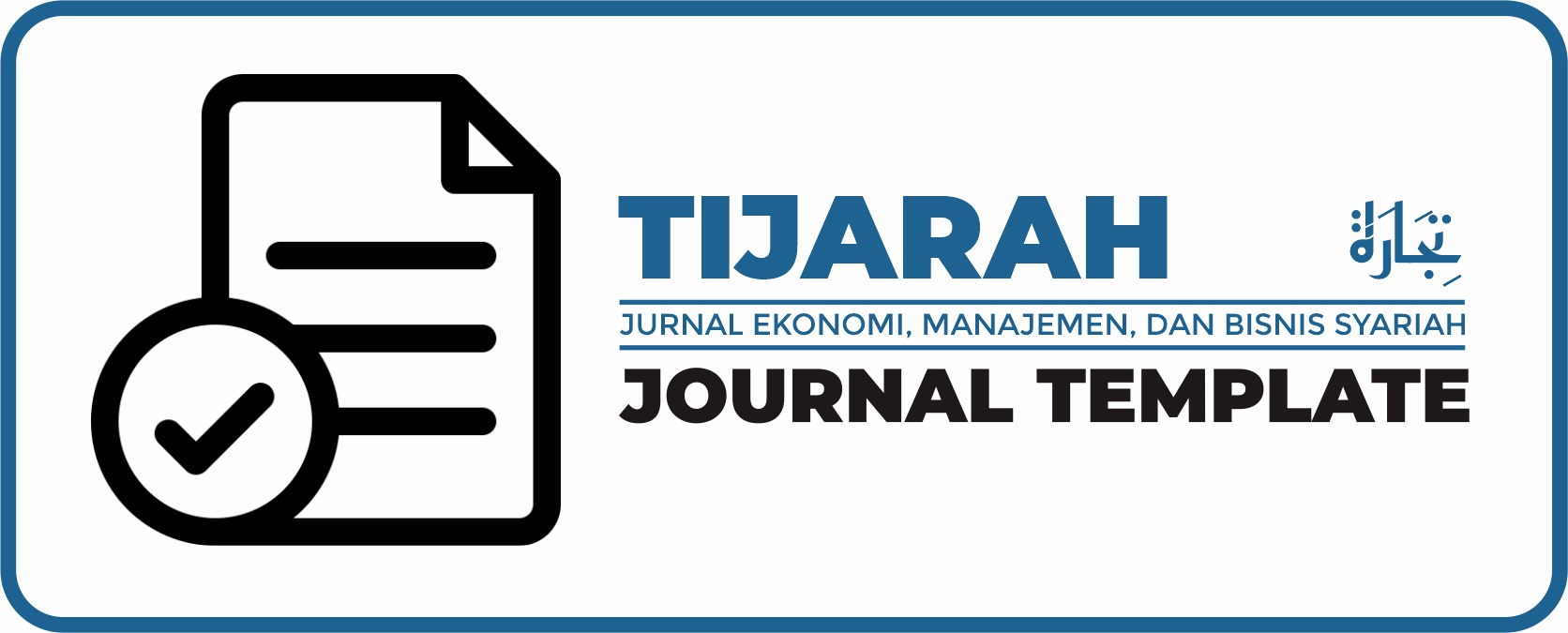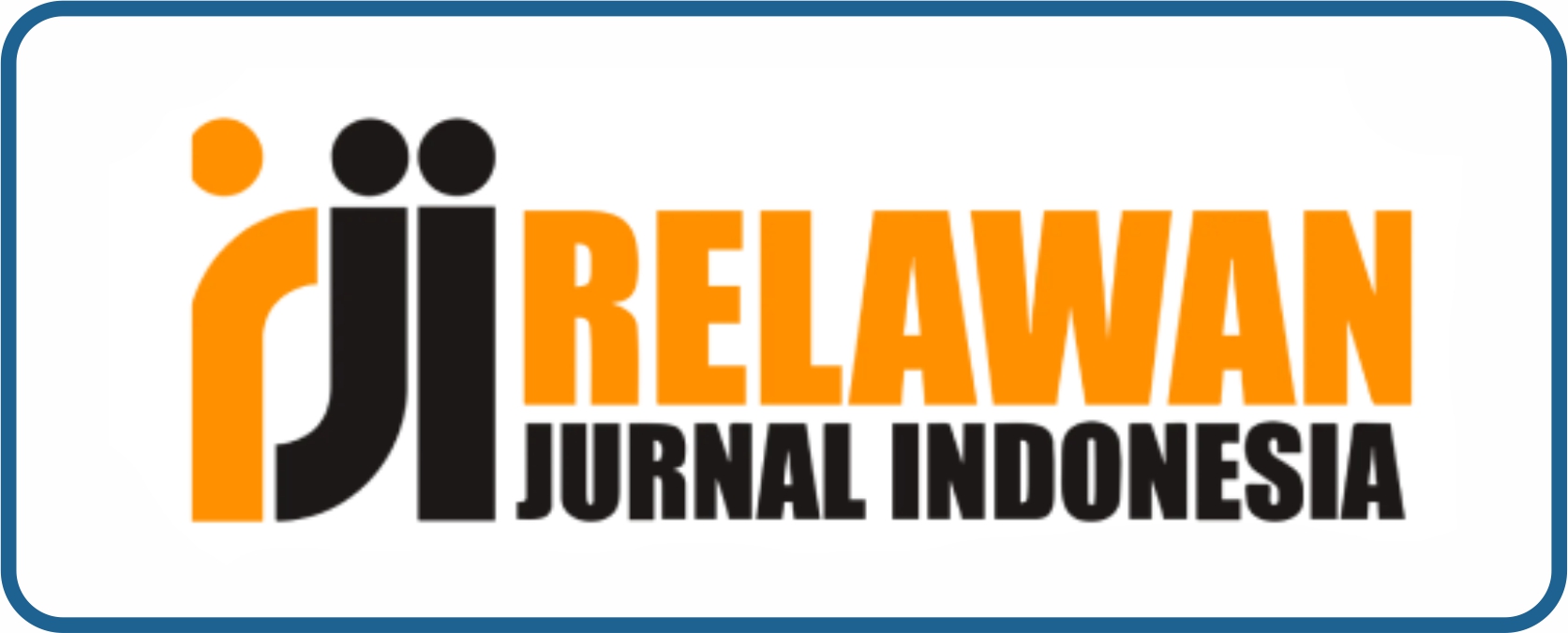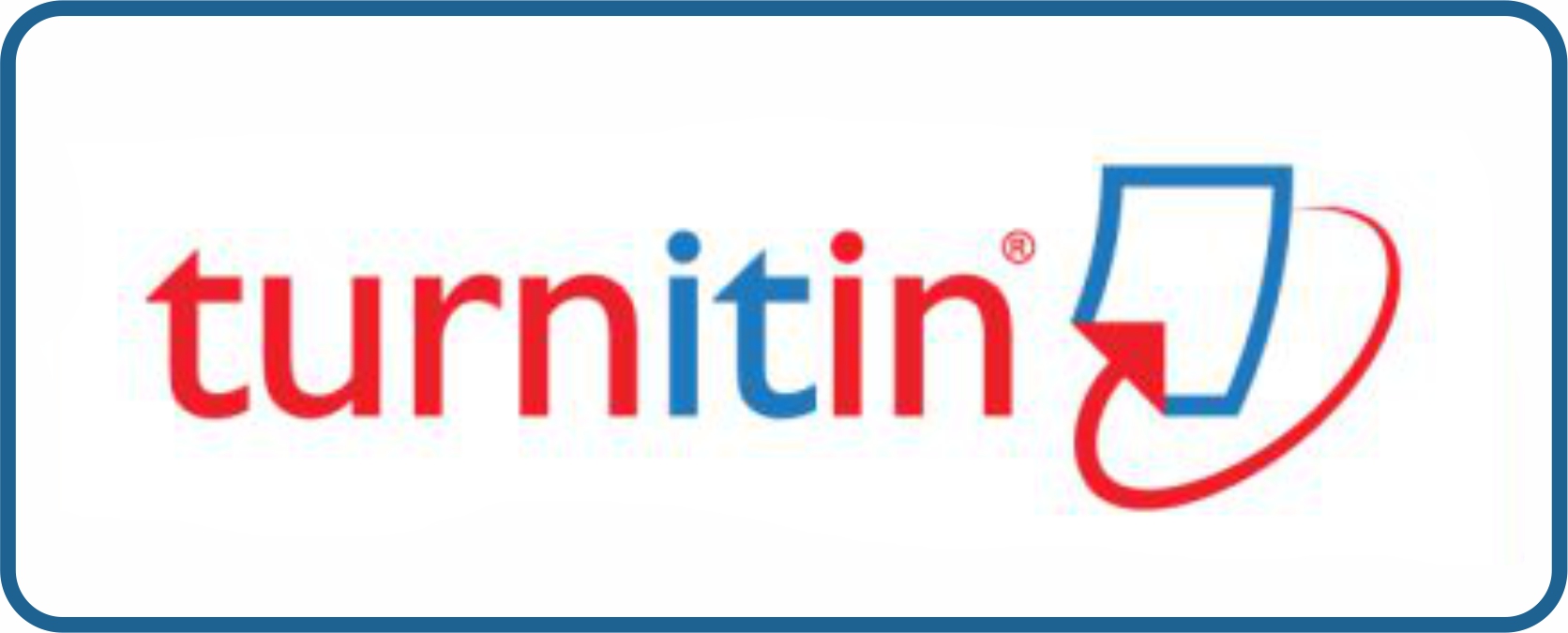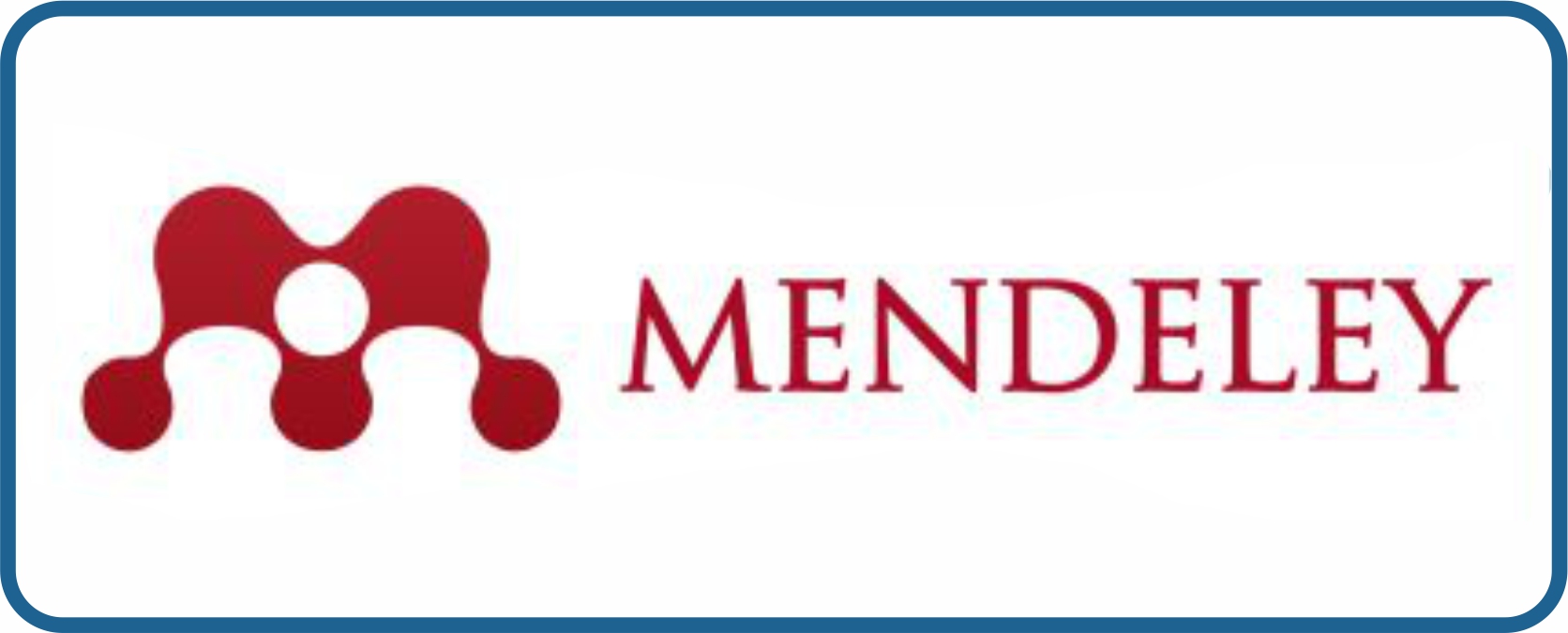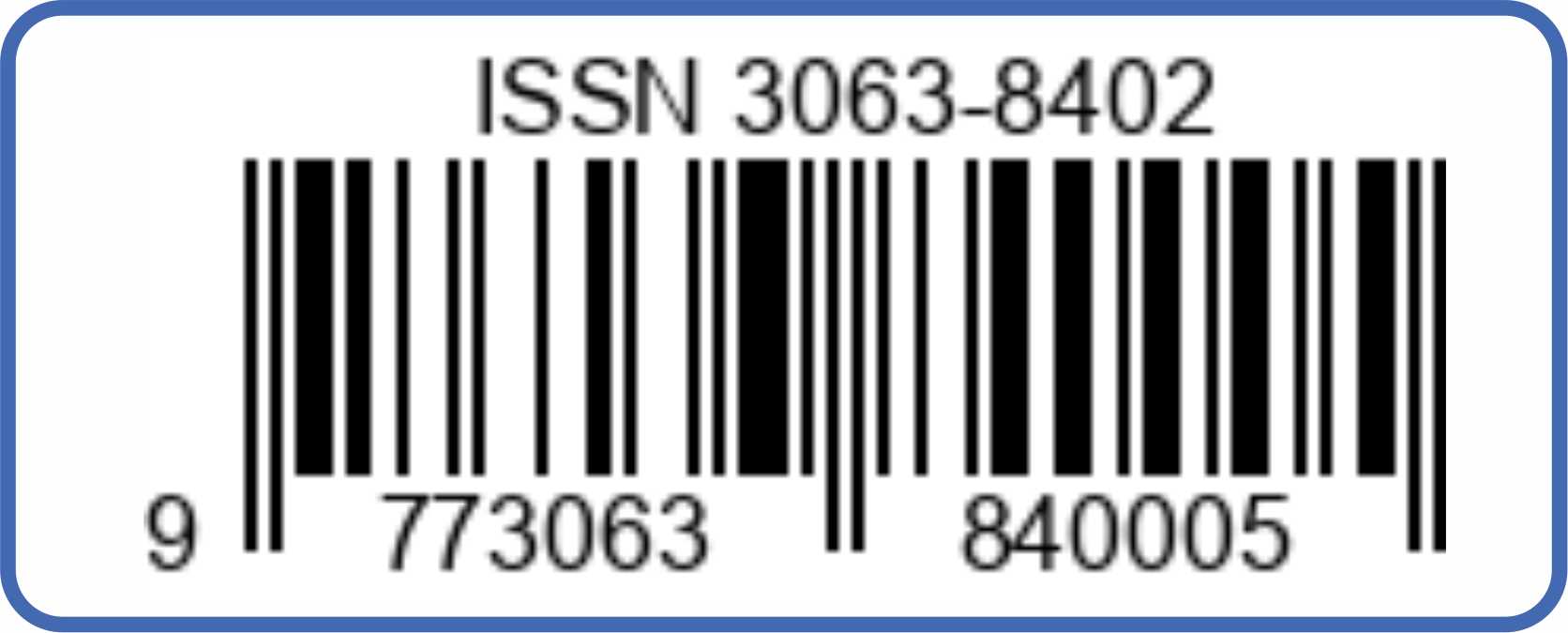Optimalisasi Pengelolaan Zakat di Indonesia: Analisis Pola Tantangan, Hambatan Kritis, dan Strategi Berkelanjutan
Optimizing Zakat Management in Indonesia: An Analysis of Challenges, Critical Barriers, and Sustainable Strategies
Keywords:
Zakat, Zakat Management, Zakat Literacy, Digital Technology, RegulationsAbstract
The management of zakat in Indonesia plays a significant role in promoting economic equity and the development of the Muslim community, yet its patterns and dynamics of challenges continue to evolve in line with changes in regulations, digital technology, and literacy levels within society. This study aims to analyze the patterns and dynamics of zakat management challenges in Indonesia from various perspectives, to identify critical constraints related to regulations, technology, literacy, and public trust, and to provide strategic recommendations for policymakers and zakat institutions. The research employs a literature review method with a descriptive analytical approach, utilizing various sources and documents related to the development of zakat management in Indonesia. The results reveal that the constraints in zakat management are closely linked to the suboptimal synchronization of regulations and governance, the inadequacy of digital infrastructure and data integration, the low level of zakat literacy, and the underdevelopment of a comprehensive public trust. The implications of these findings can serve as a foundation for policymakers and zakat institutions to formulate adaptive and holistic strategies that enable zakat to function more effectively and sustainably as an instrument for economic equity and the development of the Muslim community.
Downloads
References
Afrina, D. (2020). Manajemen Zakat Di Indonesia Sebagai Pemberdayaan Ekonomi Umat. Ekbis Jurnal Ekonomi Dan Bisnis, 2(2), 201. https://doi.org/10.14421/ekbis.2018.2.2.1136
Agustianti, R., Nussifera, L., Angelianawati, L., Meliana, I., Sidik, E. A., Nurlaila, Q., Simarmata, N., Himawan, I. S., Pawan, E., & Ikhram, F. (2022). Metode Penelitian Kuantitatif Dan Kualitatif. Tohar Media.
Amarodin, M., & Hi, M. (2019). Optimalisasi Dana Zakat Di Indonesia (Model Distribusi Zakat Berbasis Pemberdayaan Ekonomi). Jurnal Ekonomi Syariah, 7(01), 1–13. http://download.garuda.kemdikbud.go.id/article.php?article=1084845&val=8228&title=OPTIMALISASI DANA ZAKAT DI INDONESIA MODEL DISTRIBUSI ZAKAT BERBASIS PEMBERDAYAAN EKONOMI/1000.
Ascarya, & Yumanita, D. (2018). Analisis Rendahnya Pengumpulan Zakat di Indonesia dan Alternatif Solusinya.
Auliya, N. H., Andriani, H., Fardani, R. A., Ustiawaty, J., Utami, E. F., Sukmana, D. J., & Istiqomah, R. R. (2020). Metode penelitian kualitatif & kuantitatif. CV. Pustaka Ilmu.
Canggih, C., Fikriyah, K., & Yasin, A. (2017). Potensi dan realisasi dana zakat indonesia. Al-Uqud: Journal of Islamic Economics, 1(1), 14–26.
Damanik, K., & Albahi, M. (2024). Peran Zakat dalam Ekonomi Mikro Islam: Dampak pada Kesejahteraan Sosial. Jurnal Masharif Al-Syariah: Jurnal Ekonomi Dan Perbankan Syariah, 9(5).
Luntajo, M. M. R., & Hasan, F. (2023). Optimalisasi Potensi Pengelolaan Zakat di Indonesia melalui Integrasi Teknologi. Al-’Aqdu: Journal of Islamic Economics Law, 3(1), 14–28. https://doi.org/http://dx.doi.org/10.30984/ajiel.v3i1.2577.
Najiyah, F., Khasanah, U., & Asas, F. (2022). Manajemen zakat di Indonesia (tantangan dan solusi). Insight Management Journal, 2(2), 45–53.
Pusat Kajian Strategis – Badan Amil Zakat Nasional (Puskas BAZNAS). (2024). Indeks Literasi Zakat Nasional 2024. https://drive.google.com/file/d/1VYm9R7TXzIdDJjSI_QY5v3u5EYF-72JV/view?usp=drive_link.
Schreier, M. (2012). Qualitative content analysis in practice. Sage publications.
Siddiq, M. R., & Akbar, M. A. (2023). Coordination and digitalization among zakat institutions to strengthen social protection in Indonesia: An assessment of progress. Journal of Emerging Economies and Islamic Research, 11(2), 16–34. https://myjms.mohe.gov.my/index.php/JEEIR/article/download/21472/12262.
Zumrotun, S. (2016). Peluang, Tantangan Dan Strategi Zakat Dalam Pemberdayaan Ekonomi Umat. Jurnal Hukum Islam, 49–63. https://doi.org/10.28918/jhi.v0i0.669
Downloads
Published
How to Cite
Issue
Section
License
Copyright (c) 2025 Azwar Azwar

This work is licensed under a Creative Commons Attribution-NonCommercial-ShareAlike 4.0 International License.





